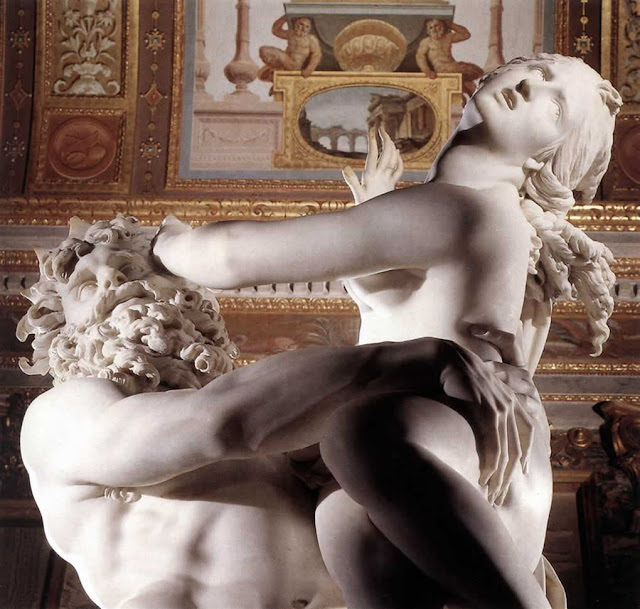Fragments/Correspondence - Ernst Junger and the End of Enlightenment
Okay, I've read this now. It's not really about the apocalyptic aspects of the war, or really even its meaning. Its about the German position, in particular the dominion of the military once the war is finished.
This is a journal entry nearing the end of the book, he has been reading Machiavelli and contemplating the strengthened force of military power through civil war. This transitions into comments on the recent mutinies, which he regards as bestial reactions for supplies rather than any genuine revolt. There is something much greater at hand than conflict within the military, and the 'spiritual and literary' support must be cut out immediately (I assume this is the stab in the back and the reference to various communist and democratic groups working alongside the mutiny to turn it into an insurrection, the only direct reference is Wilhelmshaven).
What is significant in this is an end to tolerance, opposed countries want to see Germany destroyed, and there is even a hint that this is Europe turning against its own ideals and laws - barbarism may even be necessary to ensure German survival. 'Toleration has become a negative quality' and what is required is the weight of force, great conviction and fanaticism of the pre-Enlightenment feeling. This is separate from what Neaman has quoted, which actually reads uncapitalised: "The day of enlightenment is over. The war completed its downfall and throws us back of necessity upon feeling." I would take this latter translation as correct as he then says, "What may we not become..." if Germans secure dominion. This is a decisive moment of force and power for the German spirit, and what must be secured is what already exists as form. The freedom of Germans is secured through a negative, defending a force which will become an exception of what is tolerated in law. Opposed to liberal law one can see this as an elevation to justice whereas the liberal expects that justice can be enclosed through law. These are conflicting ideas of territory, sovereignty, and dominion which cannot be reconciled, a totality of the German state which would strengthen Europe around it rather than a unification where all nations are formalised into a mass at the cost of their force as a race.
He then goes on to suggest a 'frenzy of Folk and Fatherland,' that it is not possible to be nationalistic enough, and how the state is subordinate to the necessity of the German people whose birthright is the boundary before which it must situate its architecture. The military will fall in revolt for such a formation, and for no other reason.
There is then an incredible tone shift, considering the men returning home without fulfilling their aims, yet how they will not fall into the Romantic Revival which followed the men of 1813. These are different men, hardened by four years in the trenches, like hermits and beasts who will brutalize ideas, dig into them like a counterattack position. A dangerous brood who will meet decisions before them with a similar weight of action, thus increasing potential for reaping the rewards of any victory but also, and greatly, the risk of being carried off in a storm. These are men, professional soldiers, whose proximity to the enemy created something of a nihilism of reveling along the line of death, where neither outcome had any meaning.
Yet a dishonourable loss would be even worse than this, soldiers who sacrificed four years of their life could never come to accept this. Enthusiasm and a fight for Germany which leaves material and class warfare behind is the only course of action possible, a rough and dangerous guarding of its ideals. A civil war is already forming at the level of political theology.
It is an intriguing edit considering the value in these paragraphs, and an incredible bit of writing if it was a single journal entry. Something that long only comes in great moments of inspiration, so it must have been difficult to remove. I would say there are three possibilities: he felt his position was too close to that of Lebensraum and the brutality of the NSDAP in the second war; his remarks on the nation and state were too close to the idea of liberalism and bourgeois mobilisation; or he felt that this writing could be misconstrued as being aligned with the knife-in-the-back conspiracy, and did not want the military to be caught up in any defacing. I would say the latter is the most likely of the three. (I don't know how much editing there is in the Collected Works version, but a quick look suggests that the entire section was removed, or parts of it moved somewhere else, I haven't read either yet though so I can't confirm. If anyone has the original German version I would be interested in seeing it.)
As a final note, the section is an interesting counterpoint to The Peace and its total abandonment by Europe. Now all of Western people will have to become acquainted with the impossible weight which the German soldiers endured. This has been on my mind for some time, and reading this has clarified many things, so thanks to whoever posted this and got me reading it. I will have to get to reading the rest soon.


Comments
Post a Comment